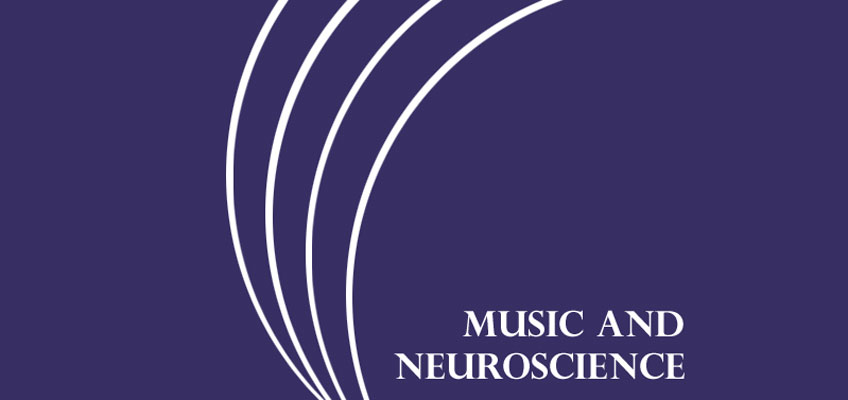The concert on Thursday 27 November at Cadogan Hall, featuring conductor Alessandro Fabrizi and pianist Alexandra Dariescu, is dedicated to Music and Neuroscience – a scientific project that aims to develop and deepen understanding of the relationship between the themes of music production and science.
Picture the following scenario: you’re feeling under the weather, so you make an appointment with your GP. After a lot of ho-humming, they dispatch you to a specialist, who prescribes three hours of Bach’s Third Brandenburg Concerto shaken up with half an hour of Haydn’s Nelson Mass – to be taken twice daily with food and absolutely no Wagner.
Ridiculous? Maybe somewhat. But it’s not quite as unrealistic as you might think – a fact testified by the ever-increasing number of scientists specialising in the health benefits of music. Music, they tell us, lifts our mood; improves our sleep quality; lowers our stress levels; helps to ease pain; increases our endurance; even enhances blood vessel function. But it is perhaps in the field of mental disorders that we see some of the most cutting edge research. This is a key interest of the Centre of Scientific Research (CSR; chairman: Susanna Castaldo) and the Italy-based Saint Lucia Foundation, which, in collaboration with the Royal Philharmonic Orchestra, host an evening of talks at Cadogan Hall this November.
The event is part of a project entitled Music and Neuroscience, which aims to investigate the impact of music on mood, communication and expression in dementia sufferers. It’s a field ripe with potential: research has indicated that even some patients with advanced dementia respond to familiar songs, even when they fail to recognise close friends and family members. What’s more, singing is often used as an alternative to speech therapy, as a means of rebuilding confidence in verbal communication.
So far, however, the majority of studies into the field have focused on small, non-randomised samples of sufferers, meaning that concrete conclusions are not within easy grasp. Nor does the subjective emotional landscape of music submit easily to scientific research, with its emphasis on specificity. Listening to the Nelson Mass might make us feel uplifted, but in what way exactly? And doesn’t it depend on the mood of the listener beforehand? Still, an increasing number of studies have indicated a beneficial effect of music on anxiety and other psychological symptoms in patients with dementia – a finding on which the CSR and the Saint Lucia Foundation hope to build in the coming months.
Music and Neuroscience takes place at Cadogan Hall on 27 November 2014 at 5.30pm, followed by a concert of Beethoven, Grieg, Mascagni and Dvořák by the Royal Philharmonic Orchestra, Alessandro Fabrizi and Alexandra Dariescu at 7.30pm.

